Blogs & News
We are focus on automotive wiring harness & connectors technology.
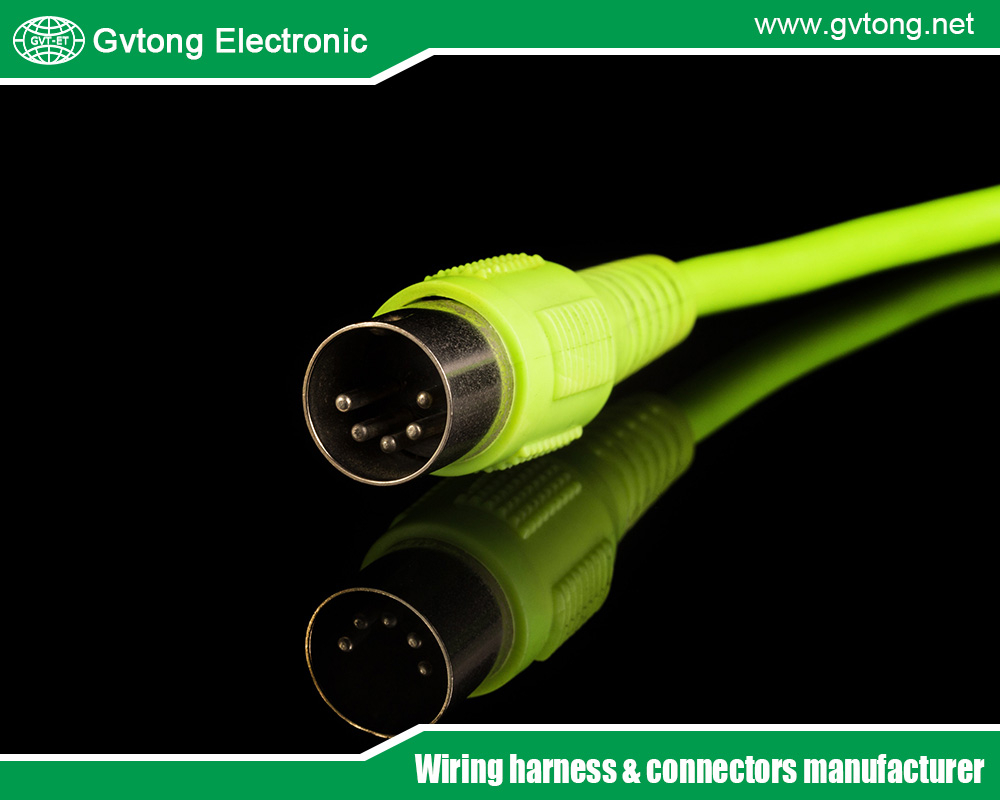
Best Waterproof Low Voltage Wire Connectors For Automotive Use
- Gvtong Electronic
- 12 volt 2 pin waterproof plug and socket, automotive electrical connectors waterproof, automotive waterproof electrical connectors, Best China Waterproof Automotive Wire Connectors Manufacturer, best low voltage wire connector, best waterproof low voltage wire connector, best waterproof low voltage wire connectors for automotive, best waterproof wire connector manufacturer, Best waterproof wire connectors, Best waterproof wire connectors supplier in china, China Waterproof Cable Connector, China Waterproof Connector Manufacturers, China Waterproof Wire Connectors Manufacturer, heavy duty waterproof electrical connectors, low voltage connectors types, Low Voltage Waterproof Connectors China, Low Voltage Waterproof Connectors Manufacturer, Low Voltage Waterproof Connectors Manufacturer China, waterproof electrical connectors 12v, Waterproof Wiring Connectors Automotive
- No Comments
Best Waterproof Low Voltage Wire Connectors For Automotive Use
In the realm of automotive electrical systems, reliability is non-negotiable. Whether you’re wiring a car stereo, installing auxiliary lights on an off-road vehicle, or repairing trailer wiring, the integrity of your electrical connections can determine the success or failure of your project. Automotive environments are notoriously harsh—moisture, dirt, grease, and extreme temperatures can compromise unprotected connections, leading to corrosion, short circuits, or total system breakdowns. This is where waterproof low voltage wire connectors become indispensable.
Low voltage systems, typically operating at 12V or 24V, are standard in automotive applications. Wire connectors join wires securely to maintain a consistent electrical flow, but not all connectors are equipped to handle the unique challenges of a vehicle. The best waterproof low voltage wire connectors for automotive use are those that combine water resistance with durability, ease of installation, and a secure connection that withstands the test of time and conditions.
In this article, we’ll explore the types of waterproof wire connectors available, their essential features, and top product recommendations. We’ll also provide guidance on selecting the right connector for your needs, installation tips, maintenance advice, real-world examples, and a look at cost considerations. By the end, you’ll have a comprehensive understanding of how to choose and use the best connectors for your automotive projects.
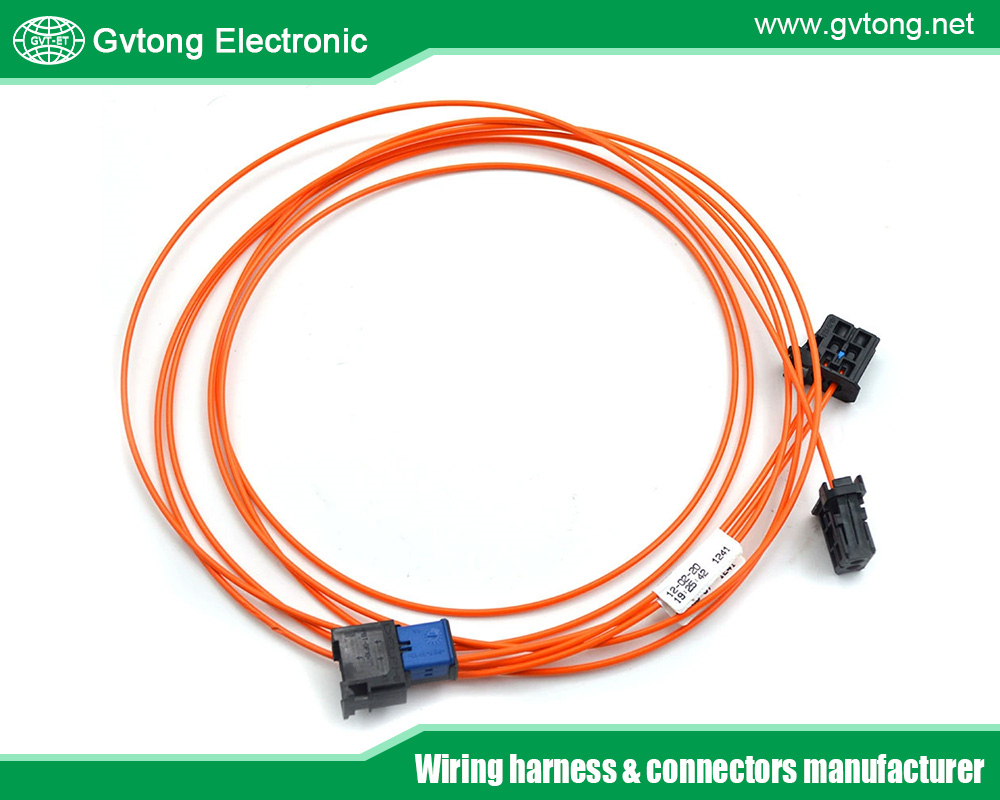
Types of Wire Connectors
Understanding the different types of wire connectors is the first step to choosing the right one for your automotive application. Each type has its strengths and weaknesses, particularly when waterproofing and durability are priorities.
1. Crimp Connectors
Crimp connectors are widely used due to their simplicity and reliability. They involve crimping a metal sleeve around the wires to form a secure connection. Available in styles like butt connectors, spade connectors, and ring terminals, crimp connectors are versatile. For automotive use, opt for versions with waterproof features, such as heat shrink tubing or sealed ends. They’re quick to install with the right tools but require proper technique to ensure a lasting connection.
2. Solder Connectors
Solder connectors take reliability a step further by fusing wires together with solder, then sealing the joint with heat shrink tubing or another waterproofing method. This creates a robust electrical bond, ideal for critical applications. However, soldering requires skill, time, and a heat source, which can be impractical in cramped automotive spaces.
3. Twist-On Wire Nuts
Twist-on wire nuts, or wire caps, are twisted onto wire ends to hold them together. They’re inexpensive and easy to use but aren’t naturally waterproof or secure enough for high-vibration environments like vehicles. For automotive use, choose silicone-filled or sealed wire nuts designed for moisture resistance, though they’re best for less demanding tasks.
4. Specialized Automotive Connectors
Brands like Deutsch, Weatherpack, and Metri-Pack offer connectors engineered for automotive and harsh conditions. These feature advanced waterproofing, locking mechanisms, and durability, making them favorites in professional and enthusiast circles. While more complex to install, their performance justifies the effort for critical systems.
Features to Look for in Automotive Wire Connectors
When evaluating connectors for automotive use, prioritize these key features:
Waterproofing: An IP (Ingress Protection) rating indicates resistance to water and dust. For vehicles, aim for IP67 or higher, ensuring protection against immersion and harsh weather.
Durability and Vibration Resistance: Cars vibrate constantly, so connectors must resist loosening. Look for designs with locking mechanisms or sturdy construction.
Chemical and Oil Resistance: Exposure to automotive fluids like oil and fuel is common. Connectors made from resistant materials maintain performance longer.
Ease of Installation: Tight spaces demand connectors that install quickly with minimal tools.
Secure Connection: A tight, reliable join prevents failures, especially in high-stakes systems like brakes or lights.
Top Recommended Waterproof Low Voltage Wire Connectors for Automotive Use
Here are some of the best connectors on the market, based on performance, reviews, and suitability for automotive applications:
1. Deutsch DT Series Connectors
Description: Known for ruggedness, Deutsch DT connectors are a staple in automotive and motorsport applications.
Features: IP68 rating, temperature range of -55°C to +125°C, chemical resistance, secure locking mechanism.
Pros: Exceptional durability, top-tier waterproofing, reliable in extreme conditions.
Cons: Requires a specific crimping tool, higher cost.
Price: $5-$10 per connector set.
Best For: Critical systems like engine wiring or off-road vehicles.
2. Weatherpack Connectors
Description: Weatherpack connectors balance performance and ease of use, popular in automotive repairs.
Features: IP67 rating, withstands up to 125°C, moisture and dirt resistance, standard tool compatibility.
Pros: Affordable, straightforward assembly, solid waterproofing.
Cons: Less durable than Deutsch in extreme scenarios.
Price: $2-$5 per connector set.
Best For: General automotive wiring, such as lights or stereos.
3. Heat Shrink Butt Connectors
Description: These crimp connectors feature heat shrink tubing that seals the connection when heated.
Features: Waterproof when installed correctly, available in multiple sizes, cost-effective.
Pros: Budget-friendly, easy to use, versatile.
Cons: Needs a heat source, less secure than specialized options.
Price: $0.50-$1 per connector.
Best For: Repairs or non-critical applications like interior wiring.
4. Silicone-Filled Wire Nuts
Description: Pre-filled with silicone, these twist-on nuts offer basic waterproofing.
Features: Tool-free installation, low cost, suitable for low voltage.
Pros: Cheap, simple, effective for light-duty use.
Cons: Limited security in vibrations, not for critical systems.
Price: $0.20-$0.50 per connector.
Best For: Temporary fixes or low-exposure areas.
How to Choose the Right Connector for Your Automotive Project
Selecting the ideal connector depends on your project’s specifics:
Wire Gauge and Number of Wires: Match the connector to your wire sizes (e.g., 16 AWG, 12 AWG) and the number of wires being joined.
Environmental Conditions: For wet, muddy, or hot areas, prioritize high IP ratings and temperature tolerance.
Application Requirements: Critical systems (e.g., engine sensors) demand premium connectors like Deutsch DT, while simpler tasks (e.g., interior lights) can use heat shrink butt connectors.
Consider your budget and skill level too—specialized connectors may require tools or expertise, while simpler options suit DIYers.
Installation Tips and Best Practices
A connector is only as good as its installation. Follow these steps for success:
Wire Preparation: Strip wires to the recommended length (usually 1/4 to 1/2 inch), avoiding stray strands.
Crimping: Use a quality crimping tool matched to your connector. Apply firm, even pressure to avoid weak spots.
Soldering: For solder connectors, heat the wire and connector, not the solder directly, for a clean joint. Seal with heat shrink tubing.
Sealing: Shrink heat shrink tubing evenly with a heat gun, ensuring no gaps for water entry.
Safety: Disconnect the vehicle’s battery before working to prevent shocks or shorts.
Testing: Tug gently on the connection and test with a multimeter to confirm conductivity.
Maintenance and Troubleshooting
Regular checks keep connections reliable:
Inspection: Look for corrosion (green or white buildup), cracks, or looseness every few months or after exposure to harsh conditions.
Cleaning: Use electrical contact cleaner and a brush to remove corrosion, drying thoroughly before reconnecting.
Replacement: Swap out damaged connectors immediately—don’t risk a failing connection in a moving vehicle.
Real-World Examples and Case Studies
1. Wiring a Car Stereo
Moisture can seep through door seals, threatening stereo wiring. Weatherpack connectors provide a waterproof, secure link, ensuring uninterrupted sound even in wet weather.
2. Installing Auxiliary Lights on an Off-Road Vehicle
Off-roaders face mud, water, and jolts. Deutsch DT connectors shine here, offering IP68 protection and vibration resistance to keep lights glowing on rugged trails.
3. Repairing Trailer Wiring
Exposed trailer wiring often fails from rain or road spray. Heat shrink butt connectors offer an affordable, waterproof fix, restoring lights and signals quickly.
Cost Considerations
Quality connectors vary in price, but consider long-term value:
Premium Options: Deutsch DT ($5-$10) and Weatherpack ($2-$5) cost more but reduce repair frequency.
Budget Options: Heat shrink butt connectors ($0.50-$1) and silicone-filled wire nuts ($0.20-$0.50) save upfront but may need replacing sooner in tough conditions.
Savings: A $10 connector preventing a $200 electrical repair is a smart investment.
Balance cost with your project’s demands—critical systems justify the spend, while minor fixes don’t.
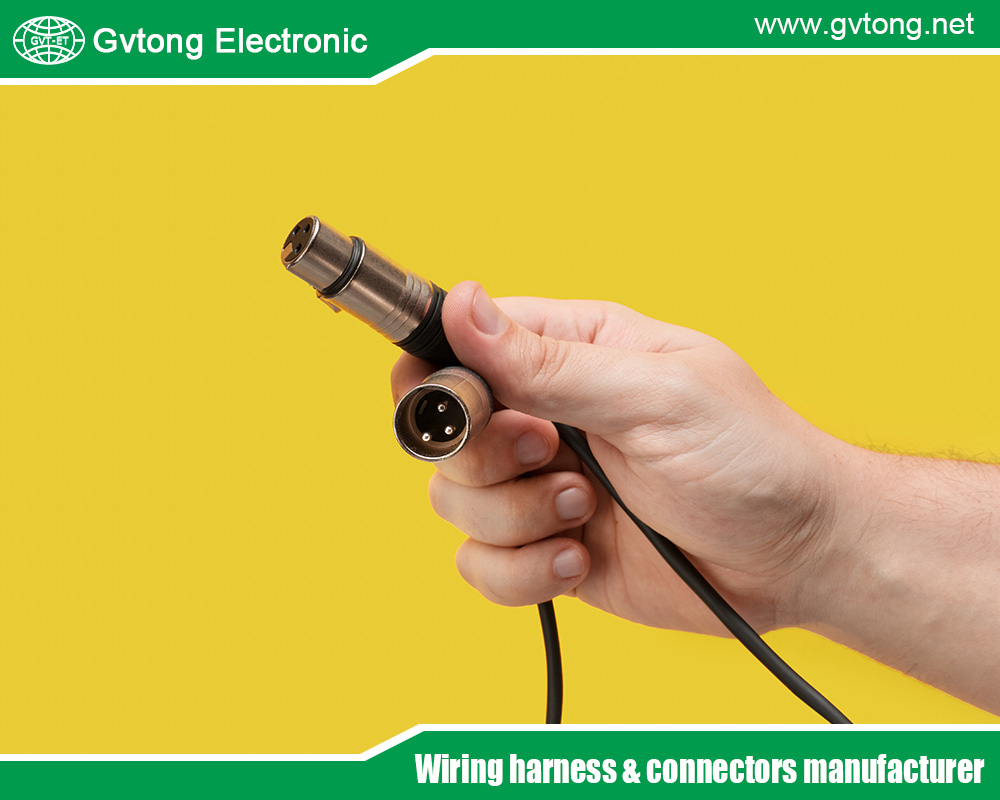
Conclusion
Waterproof low voltage wire connectors are the unsung heroes of automotive electrical systems. From protecting against moisture to enduring vibrations, the right connector ensures your vehicle’s wiring stays functional and safe. Whether you choose the rugged Deutsch DT series, the practical Weatherpack, or the budget-friendly heat shrink butt connectors, understanding their features and applications is key.
This guide has covered the types, features, and top picks, alongside practical advice on selection, installation, and maintenance. With real-world examples and cost insights, you’re equipped to tackle any automotive wiring project with confidence. Invest in quality connectors today—your vehicle’s reliability depends on it.
For more about best waterproof low voltage wire connectors for automotive use, you can pay a visit to Gvtong at https://www.gvtong.net/ for more info.
Recent Posts
How to Diagnose and Repair Automotive Signal Connector Failures
How to Install and Maintain Low Pressure Automotive Connectors
Heat Shrink vs. Crimp: Choosing the Right 12V Car Wire Connector
Best 12V Automotive Wire Connectors for Reliable Electrical Connections
Tags
Recommended Products
-
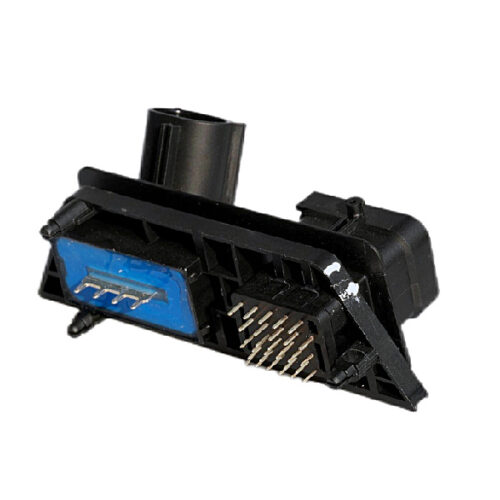
GE Series-33-core Signal Connector
-
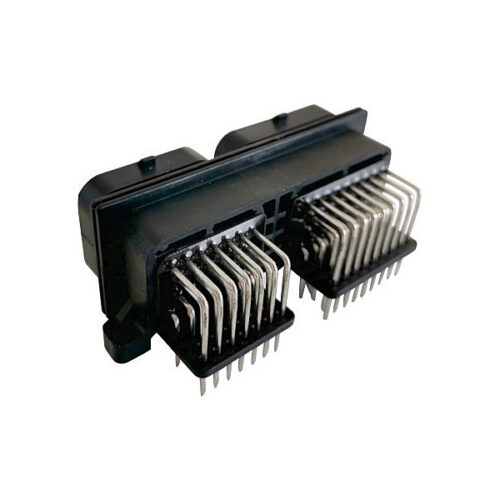
Combination connector-60 core (34+26) socket
-
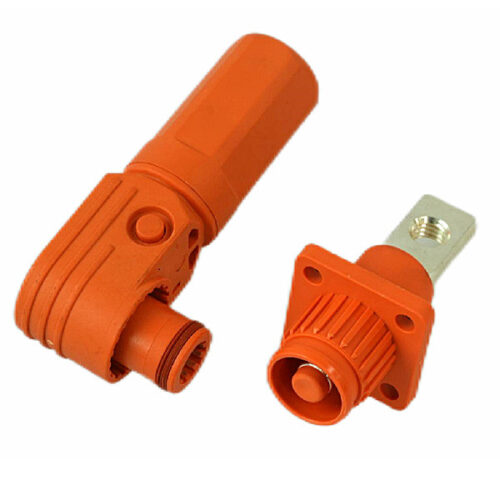
GB Series-Energy Storage Connector-8.0mm
-
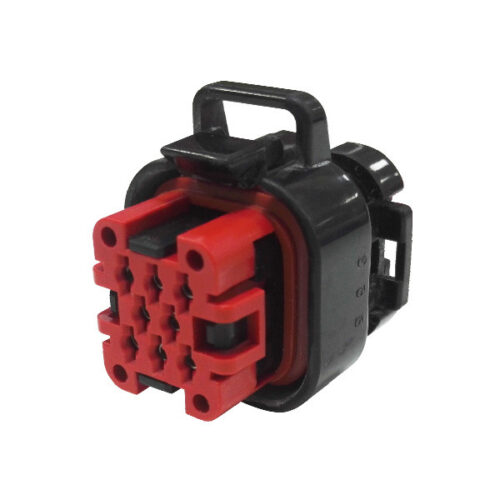
GE Series-8-core three-row signal connector
-
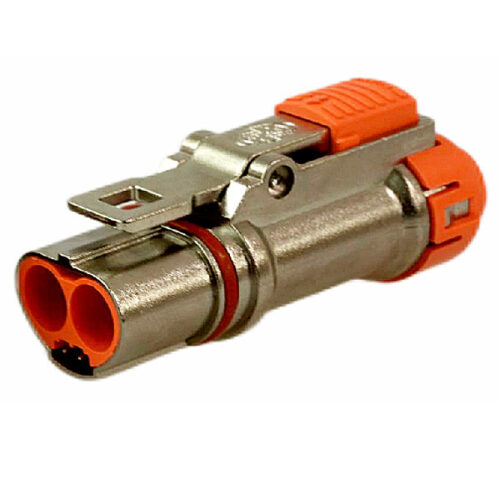
GM Series-3.6mm-2-core Metal Connector
-
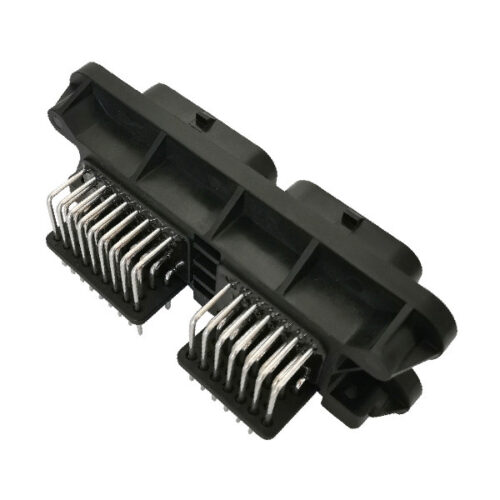
GE Series – 60-core (34+26) combined connector-socket
-
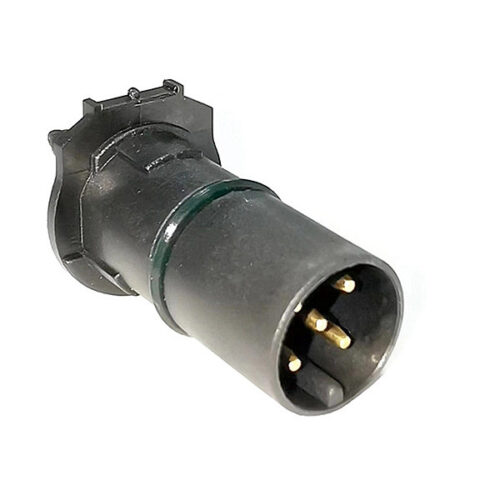
Pin connector-5 core socket
-
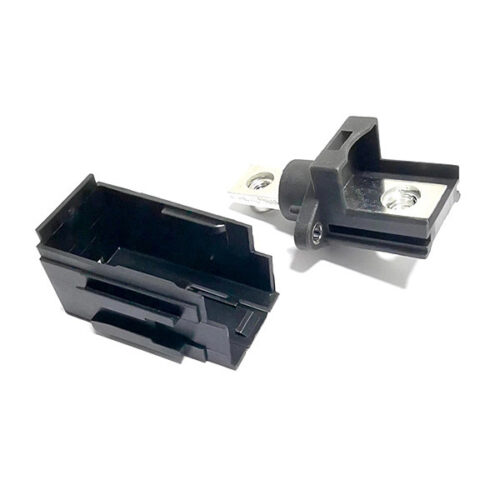
DCDC wall-through terminal – with protective cover
